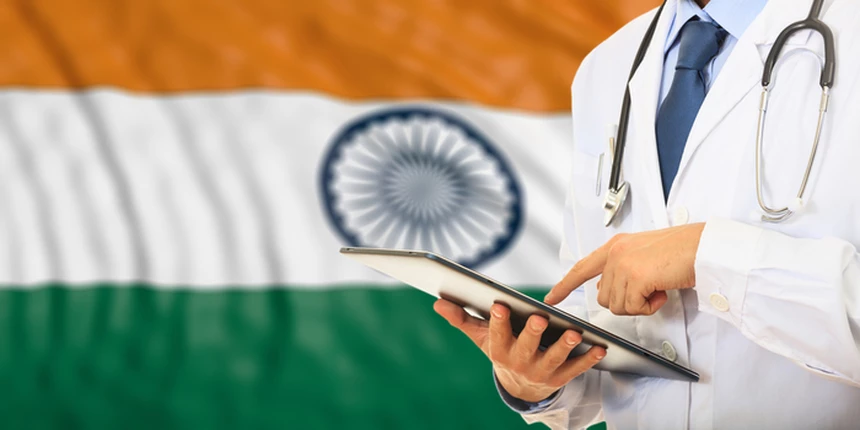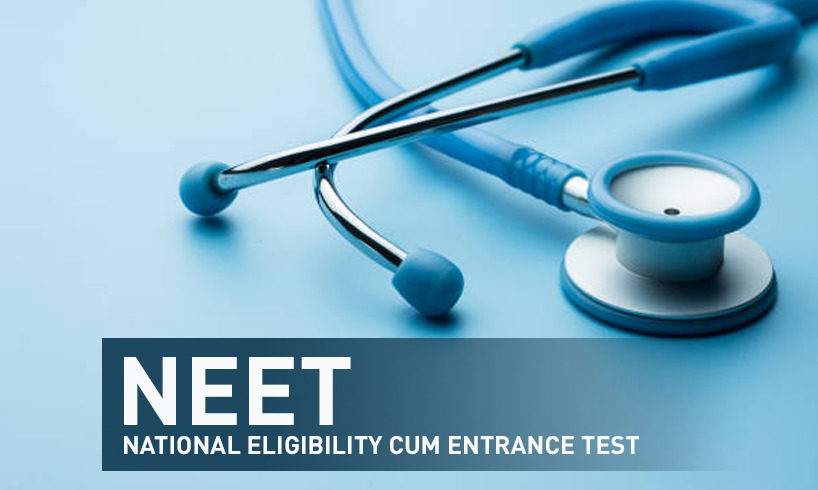Everything About JEE
Published - Thu, 20 Oct 2022

Everything About JEE
has been decided to hold a Joint Entrance Examination (JEE) from the year 2017 for admission to the undergraduate programmes in Engineering in two parts, JEE-MAIN and JEE-ADVANCED. Only the top 200000 candidates based on performance in JEE MAIN will qualify to appear in the JEE ADVANCED examination.
Admissions to IITs will be based only on category-wise All India Rank (AIR) in JEE ADVANCED, subject to condition that such candidates are in the top 20 percentile (category wise) in their respective Boards/Qualifying Examinations. Admission to NITs will be based on 40 % weightage for performance in Class XII board/ equivalent examination marks (normalized) and the remainder 60 % weightage would be given to performance in JEE Main and a combined All India Rank (AIR) would be decided accordingly.
The policy could also be adopted by other Centrally Funded Technical Institutions (CFTIs) and participating Institutions. In case any State opts to admit students in the engineering Colleges affiliated to state Universities and requires separate merit list to be provided based on relative weightages adopted by the states, the merit list shall be prepared with such relative weightages as may be indicated by States. For such participating states the examination will be conducted in the Regional Languages of the State(s) on request.
The erstwhile AIEEE exam will now be called as JEE-MAIN exam and erstwhile IIT-JEE will now be called as JEE-ADVANCED exam. To appear in JEE-ADVANCED, one has to appear in JEE-MAIN first and should be in top 2 lacs candidates category wise.
Only the top 200000 candidates (including all categories) based on performance in JEE MAIN will qualify to appear in the JEE ADVANCED examination. Admissions to IITs will be based only on category-wise All India Rank (AIR) in JEE ADVANCED, subject to condition that such candidates are in the top 20 percentile (category wise) in their respective Boards/Qualifying Examinations.
Admission to NITs will be based on 40 % weightage for total marks obtained in Class XII board/ equivalent exam (normalized) and 60 % weightage to performance in JEE Main. A combined All India Rank (AIR) would be decided accordingly. The policy could also be adopted by other Centrally Funded Technical Institutions (CFTIs) and participating Institutions.
In case any State opts to admit students in the engineering Colleges affiliated to state Universities and requires separate merit list to be provided based on relative weightages adopted by the states, the merit list shall be prepared with such relative weightages as may be indicated by States. As of now Gujarat state has opted for the same.
Hindi and English. The JEE-MAIN examination will also be conducted in the Regional Languages of the State(s) on the requests of such State(s) who are participating in JEE(Main) for their State Engineering Colleges/ Universities. However JEE-ADVANCED will be conducted in English/Hindi medium only.
The minimum academic qualification for appearing in JEE(MAIN) 2017 is that a candidate must have passed in the final examination of 10+2 (Class XII) or its equivalent referred to as the qualifying examination. Those appearing in 10+2 (Class XII) final or equivalent examination in 2017 may also appear in JEE(MAIN) 2017 provisionally.
List of qualifying examinations for JEE Main is:
I. The +2 level examination in the 10+2 pattern of examination of any recognized Central/State Board of Secondary Examination, such as Central Board of Secondary Education, New Delhi, and Council for Indian School Certificate Examination, New Delhi.
II. Intermediate or two-year Pre-University Examination conducted by a recognized Board/University.
III. Final Examination of the two-year course of the Joint Services Wing of the National Defence Academy.
IV. Any Public School/Board/University Examination in India or in foreign countries recognized by the Association of Indian Universities as equivalent to 10+2 system.
V. H.S.C. Vocational Examination.
VI. A pass grade in the Senior Secondary School Examination conducted by the National Open School with a minimum of five subjects.
VII. 3 or 4-year diploma recognized by AICTE or a State Board of Technical Education.
IMPROVE YOUR PERFORMANCE
If you want to improve your performance in Board’s Exam, you can do so but for consideration of that year’s result you have to appear in all the subjects (as per the scheme of studies of your Board, 5 subjects in case of CBSE ) and not partially. You can not improve in one/two subjects and add them to previous years’ performance.
Negative marking in JEE-Main
YES. There will be objective type questions with four options having single correct answer. For each incorrect response, one fourth (1/4) of the total marks allotted to the question would be deducted. No deduction from the total score will, however, be made if no response is indicated for an item in the answer sheet.
NO OF ATTEMPTS
The number of attempts which a candidate can avail at JEE(Main) shall be limited to 03 (three) uniformly for all the candidates in consecutive years. The candidates passed +2 exam in 2015 or 2016 or appearing in +2 in 2017 are only eligible to appear in JEE(Main)-2017. Candidates passed +2 in 2014 or before or appearing in 2014 are not eligible to appear in JEE(Main)-2017.
AGE LIMIT
Only those candidates whose date of birth falls on or after October 01, 1992 are eligible. However, in the case of Scheduled Caste (SC), Scheduled Tribe (ST) and Persons with Disabilities (PWD) candidates, upper age limit is relaxed by 5 years, i.e. SC, ST and PWD candidates who were born on or after October 01, 1987 are eligible. Date of birth as recorded in the Secondary Education Board/University certificate only will be taken as authentic.
RESERVATION
As per Government of India rules candidates belonging to certain categories are admitted to seats reserved for them based on relaxed criteria. These categories are:
I. Other Backward Classes (OBC) if they belong to Non-Creamy Layer (NCL)
II. Scheduled Castes (SC)
III. Scheduled Tribes (ST)
IV. Persons with Physical Disability (PD)
Benefit of reservation shall be given only to those classes/castes/tribes which are in the respective central list published by the Govt of India.
Created by
Comments (0)
Search
Popular categories
Tracing letters Aa to Zz Worksheets | Trace Alphabet Letter Aa-Zz Printable Worksheets
26Lowercase Alphabet Letter a - z Tracing Printable Worksheets
26Engineering
5MEDICAL
3IELTS
1Latest blogs

What is BDS?
Thu, 20 Oct 2022

MBBS an Option for Medical Students
Thu, 20 Oct 2022

About NEET
Thu, 20 Oct 2022

Write a public review